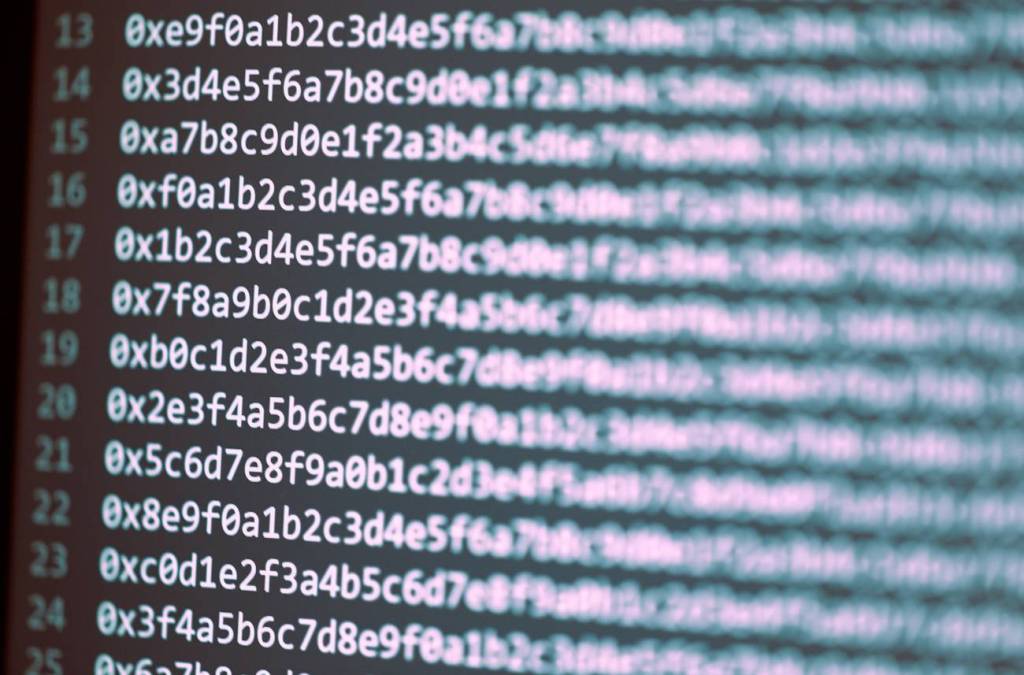Blockchain for election integrity bill resurfaces in New York

For the fifth straight legislative term in New York, state assembly member Clyde Vanel has introduced a bill that would order the state to study whether using distributed ledger technology, better known as blockchain, could “protect” voter records and election results.
Identical bills introduced in sessions dating back to 2017 haven’t found traction. Though the legislation only calls for the study of the technology’s potential use, by first enlisting experts in blockchain technology, voter fraud, cybersecurity, voter records and election results, reception of such technologies in 2025 remains tepid at best.
Mark Lindeman, policy and strategy director with the nonprofit Verified Voting, said he was unsure what problem related to elections that blockchain, a technology made famous for underpinning cryptocurrencies like bitcoin, could solve.
“For the vast majority of us, who do not live in the world of bitcoin and really don’t want to, it’s really hard for me to imagine a situation in which I could feel better about election results knowing that they’re on a distributed ledger somewhere,” Lindeman said.
Vanel, an intellectual property attorney and Democrat who was not immediately available for an interview, in 2019 said he believed that governments must not neglect cryptocurrencies or blockchain technology. He pointed to a 2016 New York City Board of Elections scandal in which 117,000 Brooklyn voters were improperly purged from voter rolls, an incident he said could have been sidestepped if the board had been using an immutable public ledger like that offered by blockchain.
Voters, especially Trump supporters, have become more wary of election results in recent years.
The Pew Research Center last year surveyed Donald Trump supporters and Kamala Harris supporters to find stark differences in their beliefs about how elections are conducted. Trump supporters were far less likely to believe that people unqualified to vote would be prevented from voting or to report feeling confident that after an election was over that it would be clear which candidate had won.
Lindeman said there have long been worries from Republicans and Democrats about the integrity of election results, recalling a controversy in 2004 when some John Kerry supporters claimed that some votes had been clawed back.
He noted that the best source of election results are county or state websites, but that those numbers are only reports of what ballot counts show.
“Ground truth lives first of all with the voted paper ballots and then with the documents that election officials have produced in the course of certifying the results,” Lindeman said. “The whole process of attesting to a sacred set of election results kind of seems off point to me.”
The pursuit of an immutable, timestamped record of every vote remains tantalizing for many, and at least a dozen nations around the globe, from Brazil to Estonia, have experimented with using blockchain for events as large as national elections to procedural ones like voting internally on policy changes. A mobile voting app backed by blockchain used in the United States to collect live ballots from overseas voters in some states was eventually found in 2020 to contain severe security vulnerabilities before discussions of the app’s wider use fizzled out.
One 2020 research paper published in Oxford University’s Journal of Cybersecurity asserted that internet- and blockchain-based voting “would greatly increase the risk of undetectable, nation-scale election failures.”
Josh Greenbaum, chief technology officer of the nonprofit U.S. Vote Foundation, wrote in a blog post that blockchain technology is “exceedingly risky and vulnerable to a host of dangerous cybersecurity attacks,” but also a distraction from more constructive conversations about how to improve security under the current paradigm.
Screven County, Georgia, last November became the first county in the United States to use the Bitcoin platform’s blockchain to record election results. The county government used technology from the Georgia startup Simple Proof, which has also supported elections in Guatemala and a Williamson County, Tennessee, Republican Party convention.
“Our solution is very useful for anchoring data onto a specific point in time using the Bitcoin blockchain, but people don’t vote on the blockchain using Simple Proof,” company cofounder Rafael Cordon said.
Screven, a county in southeastern Georgia with about 14,000 residents, collected ballots normally last November, Cordon said, before the county’s election administrator used a USB drive to move a digital report generated by voting machines onto a computer that is not connected to the internet.
“This computer tabulates the results and then the election supervisor timestamps that final report using Simple Proof,” he said. “And then they log into the secretary of state election night reporting system and upload the results. So what they did is protect that information at that specific point in time so in the future or further downstream in the data aggregation process, they can prove that their information was not changed.”
Cordon said there’s an appetite among some state and county governments, including in Wyoming, to add such layers of proof to their election results. But he said his business is now shifting its focus to public records and the federal government, particularly after Trump has advertised an interest in blockchain and a “digital asset strategy” that includes stockpiling bitcoin.






